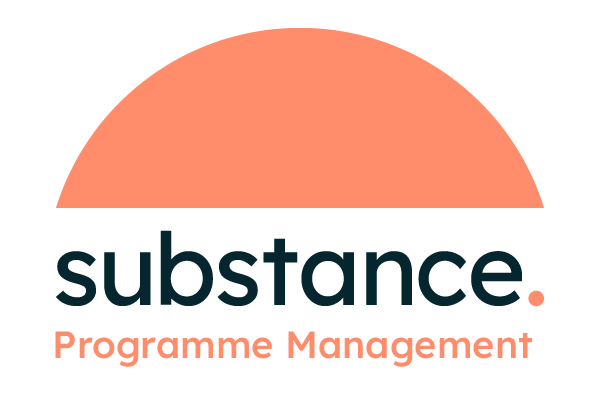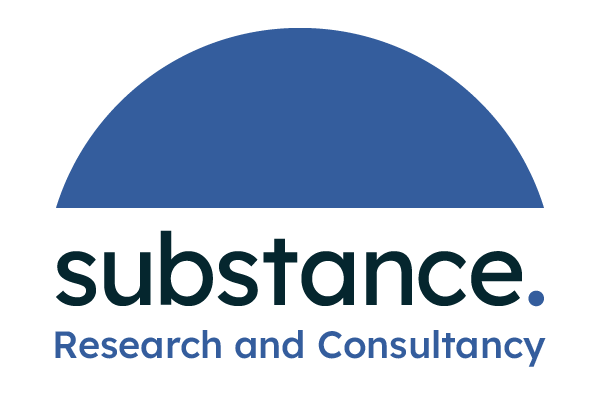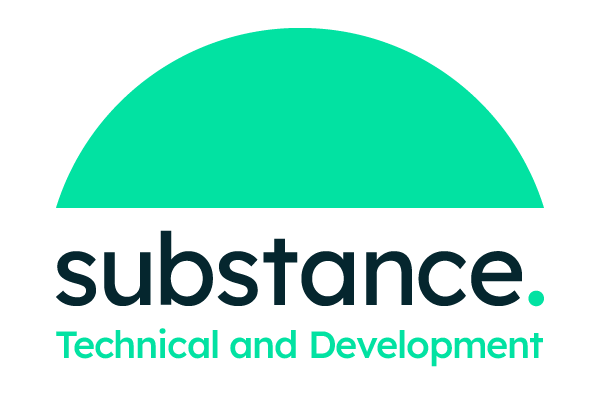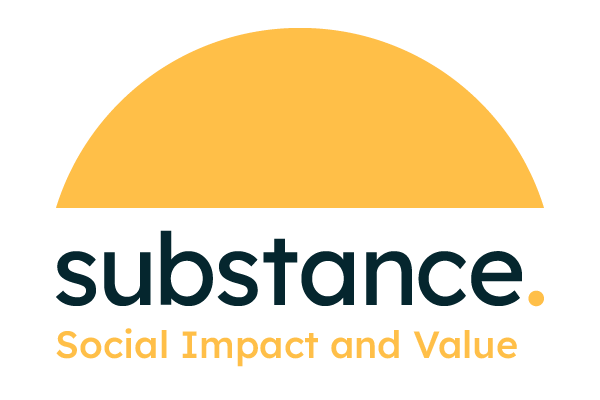
One of the main themes of the Substance national conference last Thursday was the need for better evidence. It was a subject mentioned by all five keynote speakers in their presentations; Andy Burnham MP, Baroness Sue Campbell from the Youth Sport Trust, Jennie Price, Chief Executive of Sport England, the Guardian Chief Sports Correspondent, Owen Gibson and the Substance Chief Executive, Tim Crabbe. It was also a subject discussed in the panel debate at the end of the day, chaired by Chris Grant from the Sported Foundation.
This focus on better evidence reminded me of the first piece of research I ever commissioned. It was 20 years ago when I was working at Leyton Orient Community Sport Trust and the organisation was attempting to make what felt like a radical departure from core business. For the first time we were attempting to use sport and other activities to improve community safety and social cohesion in disadvantaged neighbourhoods across east London, rather than just increasing rates of participation. In this brave new world we realised measurement would involve more than just keeping a register and our first thought was to hire an expert academic who could stand on the touchline, observing at a distance, slowly preparing to reveal that the answer was 42 before disappearing back into their University ivory tower.
But without yet knowing it I was guided by the unseen hand of sociologist Zygmund Bauman who had described how the role of intellectuals in contemporary society was changing. Where once, they were the people who established the ‘truth’ now their role was increasingly one of interpreter, part of the process, helping to make sense of the various shades of grey.
So after a bit of research of my own we appointed an academic who not only understood the risks associated with substance misuse and youth crime, but who also had a ‘feel’ for community development practise as well as some of the things that the staff delivering the work were interested in, professionally and socially. This enabled the emergence of an action research approach and the development of evidence based practice, with researchers thereafter always in the middle of things and able to contribute to project design and delivery by sharing what was really working, whilst encouraging other staff to experiment and reflect on what they were doing.
At our conference last week, it became obvious there are now plenty of others who are committed to the same type of research and practice based learning, not least from organisations delivering workshops, including Everton in the Community and Edge Hill University, Macmillan Cancer Support, Tottenham Hotspur Foundation, London Playing Fields Foundation and the Robertson Trust. It was great to see how the collection, analysis and reporting of evidence is now an established and accepted part of delivering their sport and activity based work.
So what are the implications for Substance?
- To reaffirm our commitment to action research approaches, always being ready to put bodies on the ground, in the centre of things.
- To invest in new technology solutions, putting the skills and tools in the hands of organisations so they can capture and interpret their own work.
- To move beyond interpretation, and use what we know about the design, development and management of programmes to engage with commissioners and funders at an earlier stage.
- To demonstrate that we are as committed to progressive social change as those we want to work with and help to think smarter.
So if you are not convinced the answer to the question of what difference you are making can be reduced to 42, then you might want to find out a little more about Substance to see if we are the kind of people who you could discuss tea, babies, football or Douglas Adams with.










